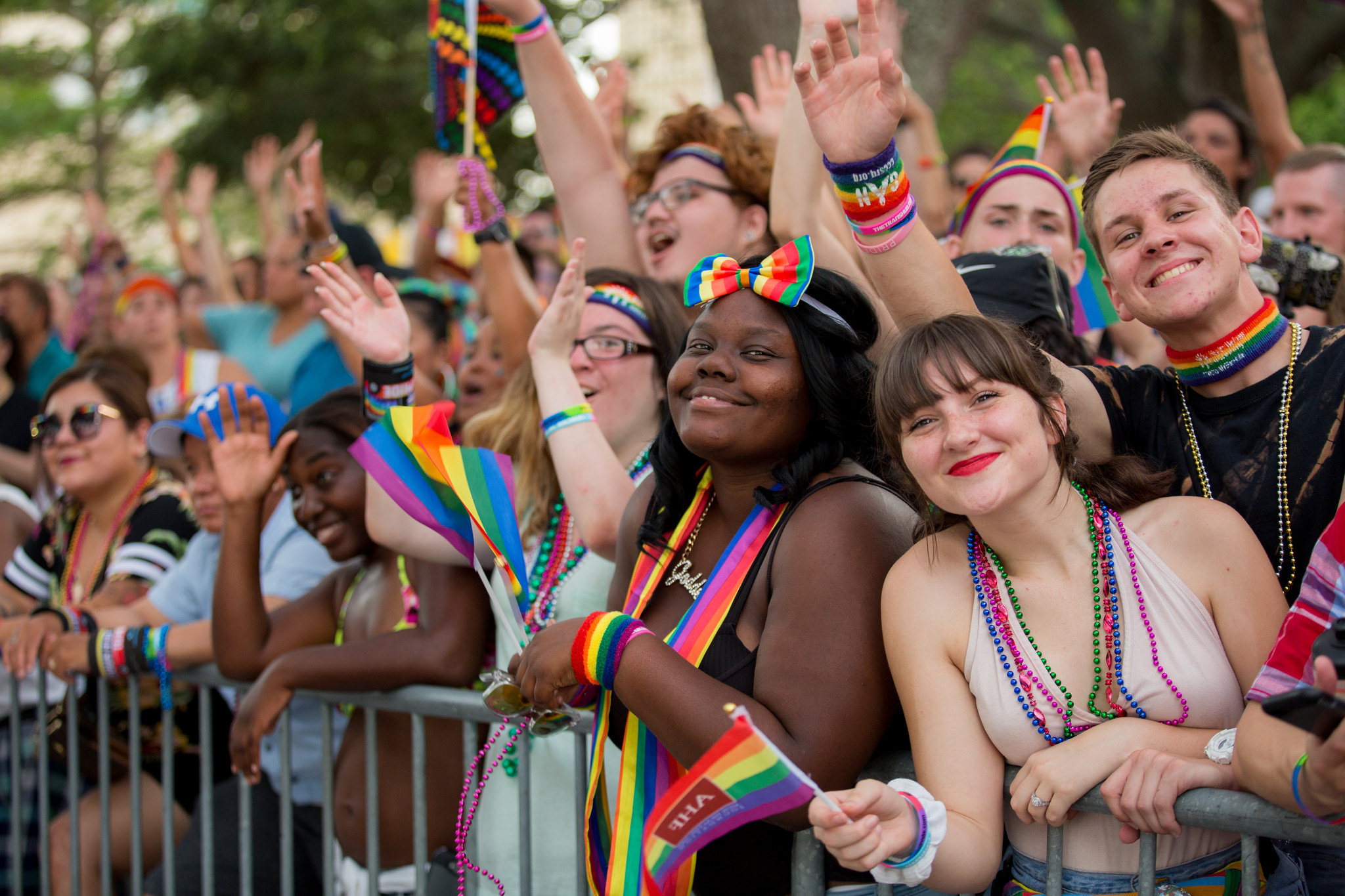As yet another month of LGBTQ+ Pride history and celebration rolls around to a close, let’s talk about gatekeeping.
No, not from the cis het folks. But from within the queer community.
Gatekeeping is defined as the act of controlling access to information, a group, or an identity. This term crops up most often when discussing subcultures such as goth or the larger nerd category, along with terms like “elitist” or “poseur”. In those arenas, a group of people or individuals will take it upon themselves to police an identity or withdraw subcultural capital to those they deem unworthy. It’s also often dismissed as a purely online activity. Bad news… it is not.
We’ve had to contend with gatekeeping in the queer community forever. Really and truly forever. In physical spaces as well as online. Regular exclusion of trans folks, regular questioning and dismissal of certain identities such as asexual and nonbinary, bisexual erasure: all of these things stem from gatekeeping behavior. The ways in which gatekeeping affects the most vulnerable among us is insidious and it’s not really a problem that exposure to more media can fix right away.
It shouldn’t have to be said, but queer folks are highly influenced by the media we consume as well. Just as a television show or poignant moment in a movie can free you, it can also regulate the idea that once you have access to something, you can control it.
RuPaul’s Drag Race is the biggest lightning rod in my mind, currently. Once drag became mainstream, everyone had an opinion on it. And those opinions just happened to line up to the image of drag that RuPaul represented. Unfortunately, what doesn’t get shown is the diversity of drag. It seems that only queens that are acceptably “different” or perfectly polished ever see any wins. This becomes the drag that people want to see and anything outside that box is dismissed as unworthy. Trans women are also being excluded from drag despite being present from the start. This is an issue that many former participants on the show and queens outside of the show have brought up, usually with frustration. The only real antidote to this toxicity has been cult shows like Dragula and quite possibly Pose, a show that explores the black & Latinx origins of ball culture.
That’s drag and ball culture, but anything else? The message seems to be “tough luck”. Thus far there hasn’t been too much to counter the idea that certain groups or “microidentities” are important or belong under the queer umbrella. The content that exists is largely aimed at people outside the community, but other LGBTQ+ folks need this as well. Those of us that need a group identity are often shown the door and not just by elders. Simply by people who have decided that, for one reason or another, we don’t match a given idea of queerness.
Media representation and visibility may not change things overnight, but it’s the best tool we have. The real way to eliminate gatekeeping within the community is content aimed at us, by us. Sharing really is caring and queer-run projects are cropping up all the time; it’s important to support these efforts, especially when coming from marginalized groups. Try supporting a groundbreaking documentary, a graphic novel, or a historic piece of television. Educating the dominant culture is getting us there, but it looks like the real change is going to need to come from the inside.
Photo: CityofStPete/Creative Commons

